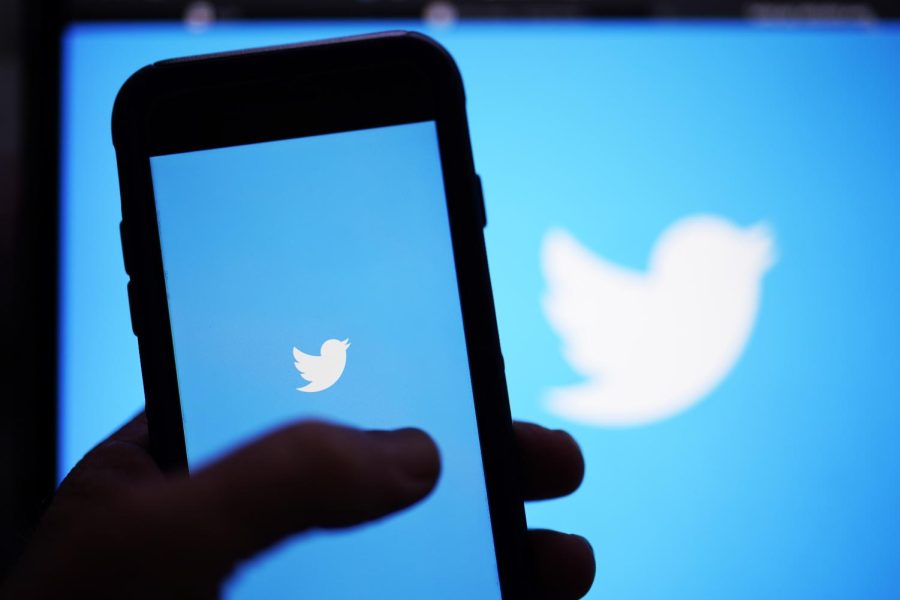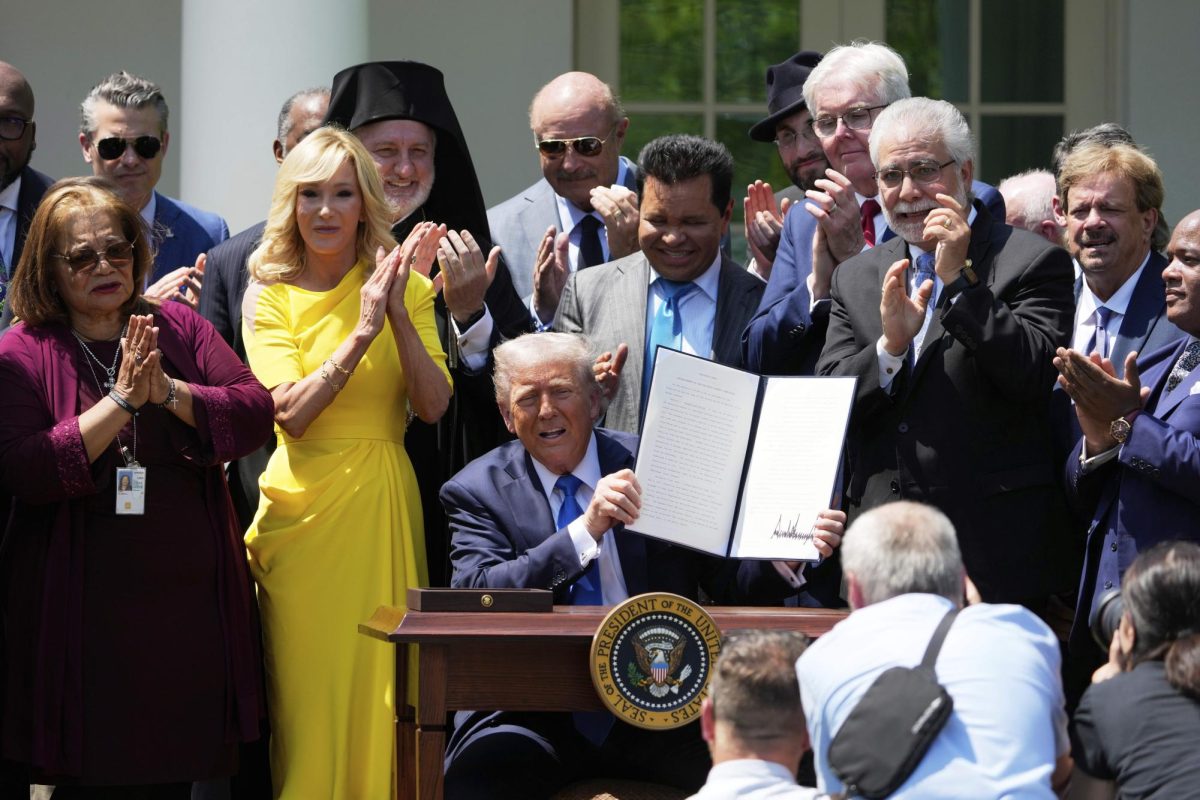Musk Proposes Deal to Buy Twitter
Musk proposed his $44 billion deal to Twitter on April 25, and plans on bringing “free speech” to the platform and taking the company private.
April 29, 2022
Elon Musk, CEO of Tesla and SpaceX, made a deal on Monday, April 25, with Twitter to purchase the social media platform for $44 billion.
Musk’s history with Twitter is long, and multiple incidents have occurred during his time on the platform.
According to CNBC, in 2018 Musk was charged with making “false and misleading statements” on Twitter by the Securities and Exchange Commission and had to pay two separate fines of $20 million.
He’s come under the SEC’s scrutiny because of tweets twice more since 2018. After tweeting a poll on whether he should sell his stock in 2021, and proceeding to sell the stock, he violated the terms regarding his 2018 penalty, the Guardian said.
Now Musk is prioritizing free speech on the platform, and he plans to take the company private.
This comes after he decided against joining the board of directors of the social media site on Sunday, April 10. Musk bought 9% of the app’s stock, according to AP News, and two weeks later proposed his $44 billion deal to Twitter executives.
Musk has criticized Twitter’s policies, and openly mocked the company in an April 9 tweet asking his followers if they should turn Twitter’s headquarters in San Francisco into a homeless shelter.
Musk’s deal to purchase Twitter has left EHS students uncertain of the future of the social media platform.
“I think that Elon Musk buying Twitter could go both ways, either being really good or really bad, no matter what big changes are in store for the platform,” senior Jordan Schaeffer said.
The main change Musk proposes is to the site’s rules regarding speech and what is allowed. For senior Rachel Mueller, this could be a cause for concern.
“Some of the only protections marginalized groups have on Twitter are Twitter’s harmful content blockers and protection,” Mueller said. “So if Musk chooses to get rid of those, I am worried we could see a rise in hate speech online.”
Schaeffer also has hesitations toward Musk’s campaign, but sees the potential benefit.
“As long as it truly is ‘free speech’ for everyone involved and doesn’t begin to favor any one party, I think it could give Twitter a better guideline to grow by,” Schaeffer said.
For senior Jacob Geisen, Musk’s current financial and market status makes the purchase concerning, even if it has a limited effect on the Twitter experience itself.
“I don’t think one person should hold too much power or have too much influence,” Geisen said.
His influence over his Twitter followers showed when he caused Tesla stock to drop with a single tweet, among other incidents. But these previous incidents aren’t a concern to Schaeffer regarding the purchase.
“Musk has a history of saying whatever is on his mind and [he] tends to follow through on it,” Schaeffer said. “It seems to be that he doesn’t usually care what others think in that regard.”












